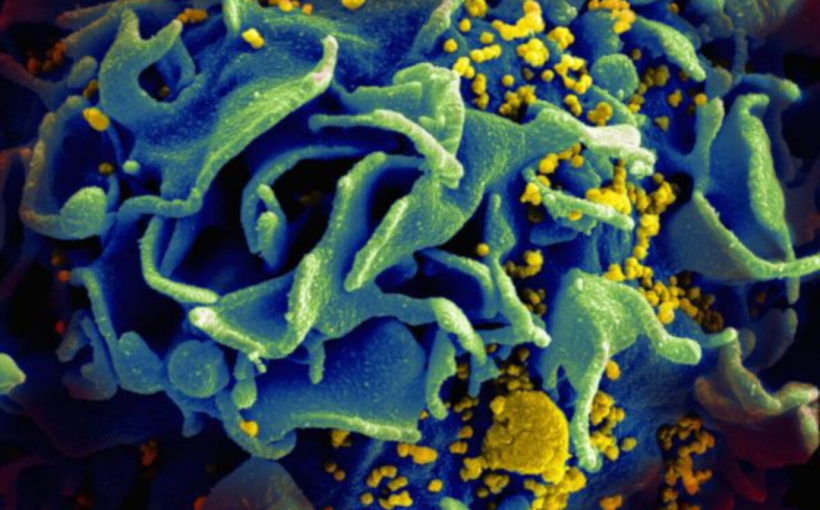Long-term exposure to environmental noise – think planes, trains, and automobiles — has been linked in multiple studies to adverse

stay healthy…

Long-term exposure to environmental noise – think planes, trains, and automobiles — has been linked in multiple studies to adverse

Cognitive impairment without dementia (CIND), or mild cognitive impairment, is a condition that affects your memory and may put you at
The immune system must learn from early in life to tolerate bacteria that normally populate healthy skin, while still defending

1.7 million. That’s how many people are infected with the human immunodeficiency virus (HIV) each year worldwide. 1.7 million people
A research team led by Dr. Claudia Kleinman, an investigator at the Lady Davis Institute at the Jewish General Hospital,
Recently discovered immune cells called MAIT cells play a key role in group A streptococcal toxic shock, researchers at Karolinska
If you have ever smoked, or know someone who has—they might tell you that smoking a cigarette probably felt disgusting
Concussion, the most common form of traumatic brain injury, has been linked to an increased risk of depression and suicide
Boosting brain function is key to staving off the effects of aging. And if there was one thing every person
The highly contagious norovirus causes diarrhea and vomiting and is notorious for spreading rapidly through densely populated spaces, such as